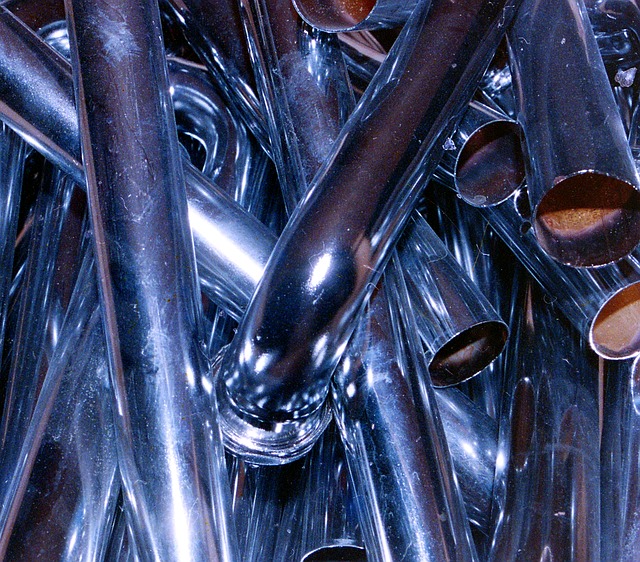When it comes to selecting material for pipework, there are numerous options and companies on the market like Varner Pipe. In fact, many of these materials are much cheaper compared to stainless steel. However, there has always been a tendency amongst the contractors to prefer stainless steel over other options such as PVC, mild steel, etc. Needless to mention, stainless steel has been the number one choice, particularly in industrial applications, for the numerous advantages they offer.
Mentioned below are some of the reasons why stainless steel is considered to be the best possible alternative for piping related work.
Durability: Stainless steel is much more durable compared to most other materials used for pipeline laying. As a result of its superior strength, stainless steel pipes can withstand high pressure, shock, as well as vibration. Unlike other materials, even under extreme conditions, stainless steel pipes may bend rather than falling apart.
Resistance to Stain and Corrosion: Corrosion is the foremost concern for most types of metal piping. Also, the outer surface of concrete, iron, and steel pipes get degraded over time because of exposure to UV light and soil. On the other hand, their interior surface gets damaged because of abrasion, rusting, and accumulation of debris. However, all these issues are far less common in stainless pipes owing to their corrosion resistance properties. Therefore, in the case of applications such as the delivery of sanitary water or corrosive liquids, stainless steel has a clear edge over others.
Value: Once stainless pipes are installed in a factory, this investment remains with the business for many years to come. Most importantly, this reliable material is very easy to install and maintain. To meet the unique specification of different jobs, it is possible to create custom steel pipes of any strength, width, and height. These pipes can also be modified easily on the worksite. All these factors indicate that steel pipelines, once installed, can last for decades without any need for replacement.
Versatility: The corrosion-resistant properties of stainless steel can be further enhanced by adding different materials to it, including nitrogen, molybdenum, or nickel. The addition of these materials allows for less material and thinner pipe walls. As a result, the weight of the finished product is less and ideally suited for specific industrial and commercial applications.
Environment-friendly: With changing times, the use of environment-friendly materials has become a foremost priority for all socially responsible businesses. One of the best ways for the industries to protect the environment is to use stainless steel pipelines. Unlike other piping materials, stainless steel doesn’t require any lining or coating of other materials. Most importantly, stainless steel is a hundred percent recyclable. In fact, close to 50% of all stainless steel materials produced in the United States are manufactured by recycling scrap metal.
Appearance: The elegant look and natural shine of stainless steel make it an outstanding option for commercial establishments.
Just as there are many different advantages of using stainless steel pipes, these pipes are used extensively on a job site for numerous specific applications.
● Underground pipeline network for the delivery of domestic water.
● In the construction industry, for building foundations, framing systems, fences, poles, handrails, scaffolding, exhaust pipes, chimney pipes, etc.
● Electric power, water mains, gas lines, as well as encasement of underground utility lines.
● Extreme utilities such as gas transportation and hot water lines.
● Great choice for sewage lines because of its anti-corrosive properties.
● Equipment and piping for food processing industries.
● Specific industries that require frequent handling of corrosive liquids or hazardous chemicals.
Now you know that stainless steel is not known as a “miracle metal” for no reason.




